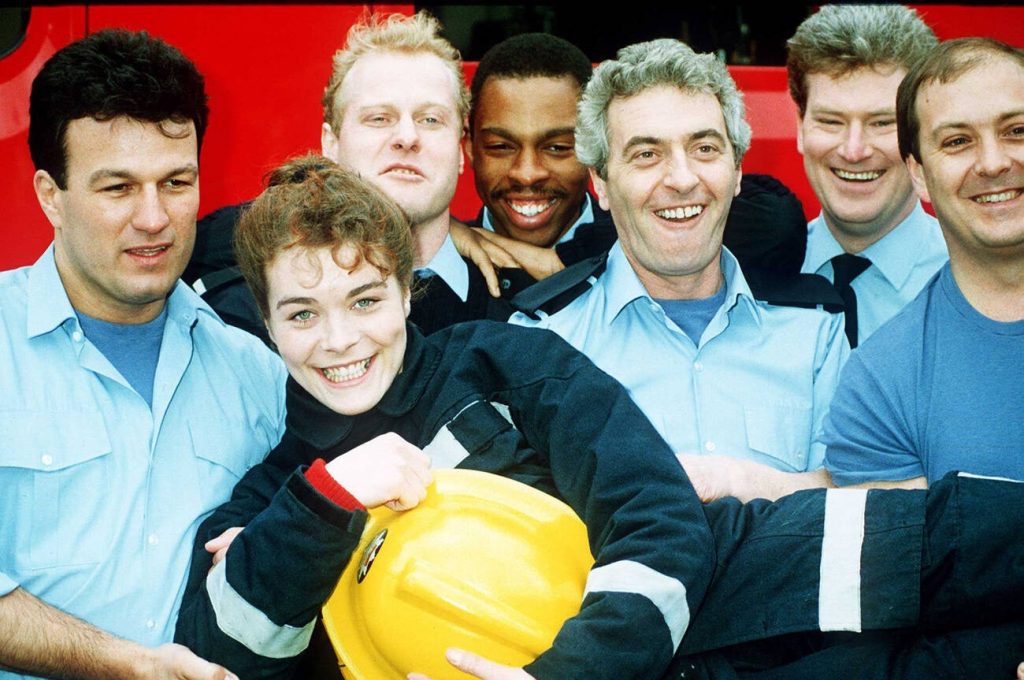Did you know that the average cost of a wedding in the United States is over $30,000? As a seasoned wedding planner, you understand the importance of meticulous planning to ensure every dollar is well spent. From crafting stunning visual concepts to coordinating seamless logistics, the key to orchestrating a flawless wedding lies in mastering the art of attention to detail. Let’s explore the essential elements of wedding planning that will elevate your expertise and help you create unforgettable moments for your clients.
Budgeting and Financial Planning
When planning a wedding as a wedding planner, it is crucial to meticulously set and adhere to a clear budget that aligns with your clients’ financial expectations and priorities. Start by discussing financial priorities with the couple to understand where they want to allocate their budget. Offer cost-saving tips such as DIY projects or opting for seasonal flowers to help them make informed investment decisions. Create a detailed budget allocation plan that covers all aspects of the wedding, from venue to attire, while tracking expenses meticulously to ensure everything stays within the set limits.
To assist in financial planning, consider negotiating with vendors for discounts and flexible payment options. Encourage the couple to prioritize elements that are most important to them, allowing for adjustments in non-essential areas. By maintaining a keen eye on expense tracking and regularly reviewing the budget, you can help your clients achieve their dream wedding without unnecessary financial stress.
Wedding Vision and Style
Crafting a distinctive wedding vision and style is essential for creating a memorable and cohesive event that reflects the couple’s unique personalities and preferences. When focusing on your wedding vision and style, consider the following key elements:
- Theme Inspiration: Draw inspiration from various sources such as nature, art, or personal interests to create a cohesive theme that resonates with you and your partner.
- Style Trends: Stay updated on current wedding style trends to incorporate modern elements while still reflecting your personal taste.
- Venue Selection: Choose a venue that aligns with your vision and style, whether it’s a rustic barn, elegant ballroom, or scenic outdoor location.
When finalizing your wedding vision and style, pay attention to details like:
- Color Palettes: Select colors that complement your theme and evoke the desired atmosphere.
- Bridal Accessories: Coordinate accessories like jewelry, shoes, and veils to enhance your overall style and tie your look together seamlessly.
Organization and Planning Tools
To streamline your wedding planning process effectively, leverage a variety of organization and planning tools that offer practical solutions and convenience. Task management is crucial in staying on top of deadlines and responsibilities. Utilize digital resources such as checklists, spreadsheets, and specialized apps to centralize thoughts, budgets, and numbers in one accessible location. Efficient time management is key; visualize seating charts and utilize tools like WeddingHappy and AllSeated for streamlined planning. Collaboration tools allow seamless communication with vendors, partners, and the wedding party, ensuring everyone is on the same page. Budget tracking tools help you monitor expenses and stay within your set financial limits. By incorporating these tools into your planning process, you can effectively manage tasks, allocate time efficiently, collaborate seamlessly, and keep your budget on track, ultimately leading to a well-organized and stress-free wedding planning experience.
Vendor Selection Strategies
Efficiently selecting vendors is crucial for a successful wedding planning process, ensuring that your vision is brought to life seamlessly and within budget. When choosing vendors, consider the following:
- Negotiation tactics: Don’t hesitate to negotiate prices or ask for customized packages to better fit your budget. Many vendors are open to discussing pricing and services to accommodate your needs.
- Customization options: Look for vendors who offer customization options to tailor their services to your specific requirements. This ensures that your wedding reflects your unique style and preferences.
- Quality assurance: Prioritize vendors who provide quality assurance, whether through sample work, testimonials, or guarantees. Ensuring the quality of services will give you peace of mind on your big day.
Relationship Dynamics and Wedding Party
When managing relationship dynamics and selecting your wedding party, it is crucial to prioritize open communication and thoughtful decision-making to ensure a harmonious and supportive wedding planning experience. Decision-making dynamics play a significant role in forming a cohesive support system. Consider emotional connections when choosing your wedding party, as they contribute to the teamwork dynamics needed for a successful celebration. Evaluate the financial obligations associated with each member to ensure clarity and avoid potential conflicts later on.
It is essential to involve your significant other in these discussions, as their input can strengthen your relationship and create a sense of unity. Working as a team and sharing responsibilities can alleviate stress and foster a collaborative environment. When deciding on the ideal wedding party size, remember to balance personal preferences with practical considerations. By carefully navigating these relationship dynamics and selecting a supportive wedding party, you lay a solid foundation for a memorable and smooth wedding planning journey.
Initial Wedding Planning Steps
As you embark on the initial steps of planning your wedding, the first task is to take stock of your to-do list and start utilizing technology for efficient wedding organization.
- Venue Selection: Begin researching and visiting potential venues that align with your vision and budget.
- Theme Brainstorming: Reflect on your interests, personalities, and preferences to choose a theme that resonates with both of you.
- Guest List Creation: Start compiling a guest list considering your budget, venue capacity, and desired atmosphere.
In the process of initial planning, consider exploring various catering options and seeking decor inspiration to set the tone for your special day. Remember, these early decisions will lay the foundation for a beautifully orchestrated wedding celebration. By focusing on these key aspects early on, you can streamline your planning process and ensure that your wedding reflects your unique style and vision.
Pre-Wedding Logistics Management
In managing pre-wedding logistics, ensure meticulous coordination of key elements such as setting the date, researching venues, scheduling vendor appointments, arranging hotel room blocks, and planning for the honeymoon. When it comes to venue scouting, consider factors like capacity, ambiance, and location to find the perfect setting for your special day. Guest accommodations should be convenient and comfortable for out-of-town visitors, ensuring they have a pleasant stay. Transportation coordination is essential to ensure guests can move between venues smoothly. Plan a memorable rehearsal dinner to kick off the wedding festivities and make arrangements for a dreamy honeymoon to relax post-celebrations.
| Venue Scouting | Guest Accommodations | Transportation Coordination |
|---|---|---|
| Consider capacity, ambiance, and location | Ensure comfort and convenience for guests | Arrange seamless transportation for guests |
| Explore different options and visit potential venues | Book hotel room blocks in advance | Coordinate shuttle services or provide transportation options |
| Confirm availability and pricing | Provide accommodation details on wedding website | Communicate transportation logistics clearly to guests |
| Gather information on venue restrictions | Include transportation information in guest welcome packages | Plan for parking arrangements and valet services |
| Check for preferred vendor lists and restrictions | Consider offering shuttle services to and from venues | Account for guests’ transportation needs throughout the event |
Event Planning and Personalization
Ensure that every aspect of your wedding reflects your unique style and personality by meticulously planning and personalizing each element of the event.
- Decor Inspiration: Infuse your wedding with personalized decor elements that speak to your style and create a cohesive look throughout the venue.
- Music Selection: Curate a playlist that resonates with you and your partner, setting the tone for each moment of the celebration.
- Menu Tasting: Personalize your menu by selecting dishes that hold special meaning to you both, ensuring a culinary experience that reflects your tastes.
When it comes to gift giving, consider tokens of appreciation that showcase your gratitude towards loved ones who have supported you. Additionally, focus on enhancing the guest experience by incorporating thoughtful details that make everyone feel welcomed and valued. By attending to these personalized touches, you can create a wedding that not only celebrates your love but also leaves a lasting impression on everyone involved.











